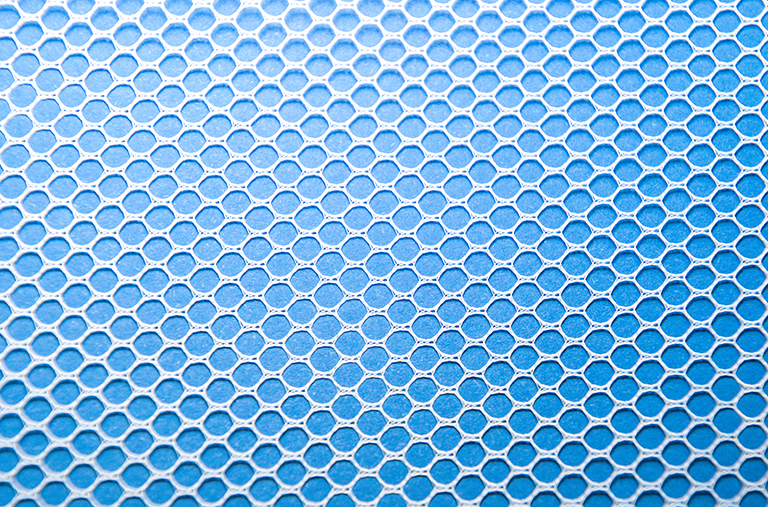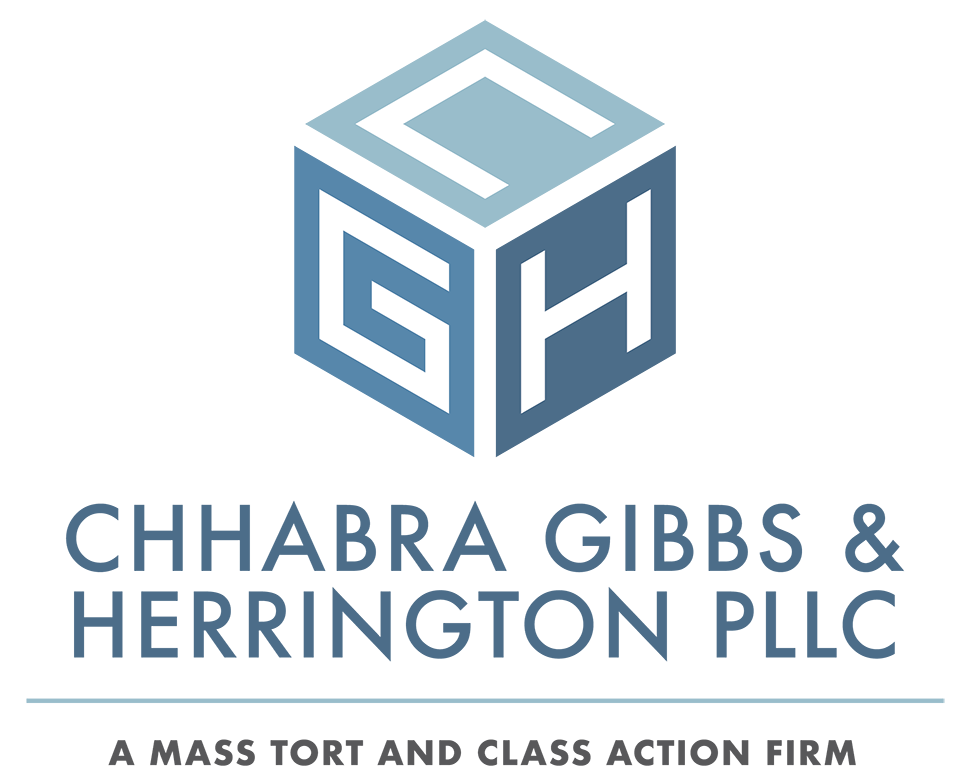Hernia Mesh Lawsuit
Hernia Mesh manufacturers Ethicon and Atrium have caused severe complications affecting the abdomen.
Contact our Mass Tort and Class Action attorneys today.

Contact our Mass Tort and Class Action attorneys today.

Using mesh devices to repair hernias has been in practice for more than 50 years. However, not all hernia mesh products are created equal. If a hernia mesh is defective, it can cause serious infections and other severe complications often leading to additional surgeries.
A hernia mesh product made by Ethicon, a Johnson & Johnson subsidiary, was withdrawn from the market in May 2016 after studies found that its Physiomesh Flexible Composite Mesh device had higher revision rates than expected.
Symptoms of hernia mesh complications include:
Mesh Recall
The Physiomesh Flexible Composite Mesh device was approved to be marketed by the U.S. Food and Drug Administration (FDA) in March 2010 through the federal agency’s 510k fast-track approval program. This program allows medical device makers to pursue approval of a product by showing that it’s “substantially equivalent” to a similar product, without the standard requirements such as testing and research.
The Physiomesh hernia patch is described by Ethicon as a “sterile, low profile, flexible composite mesh designed for repair of hernias and other fascial deficiencies.” It is made with a macroporous polypropylene that is held together by two undyed polygelcaprone-25 films.
After its approval, the Physiomesh became a widely used surgery mesh. However, it also became associated with more hernia mesh problems than expected after Ethicon’s mesh product was used for laproscopic ventral hernia repair. Complications reported include hernia recurrence, removal surgery, infections, wound problems, and abdominal pain
This high rate of failure led Ethicon to remove the product from the market. In a May 2016 announcement, the removal of Ethicon’s Physiomesh Flexible Composite mesh was categorized as a “Market Withdrawal” and not a hernia mesh recall.
Ethicon failed to clearly define the factors behind the high mesh failure rate. Ethicon said that the failure rate could be due to a several factors: hernia mesh design, the physician’s instructions, and patient selection.
In October 2012, the FDA sent a warning letter to Atrium for their failure to address C-Qur mesh infection and sterility complaints. Thirty-five complaints were made after finding human hair in the device. In July 2013, Atrium issued a Class 2 FDA recall of C-Qur mesh because the coating could stick to the package lining if exposed to high levels of humidity. This separation could increase the risk of infection. The FDA filed a lawsuit against Atrium for poor quality control at their New Hampshire manufacturing facility, forcing the company to stop production and distribution of the C-Qur mesh.
Several hernia mesh lawsuits have been filed over failed Physiomesh products with some of the the following allegations:
You may qualify for a hernia mesh lawsuit if you meet the following criteria:
If you or a loved one has experienced complications from any type of hernia mesh product including severe mesh pain, contact the office of Chhabra Gibbs & Herrington PLLC for a free consultation. For a free confidential consultation with Mesh Lawyers at our law firm, please call 601-948-8005 or use our live chat.
Contacting the firm is free. We understand that the disputes facing you and your family can seem daunting.


